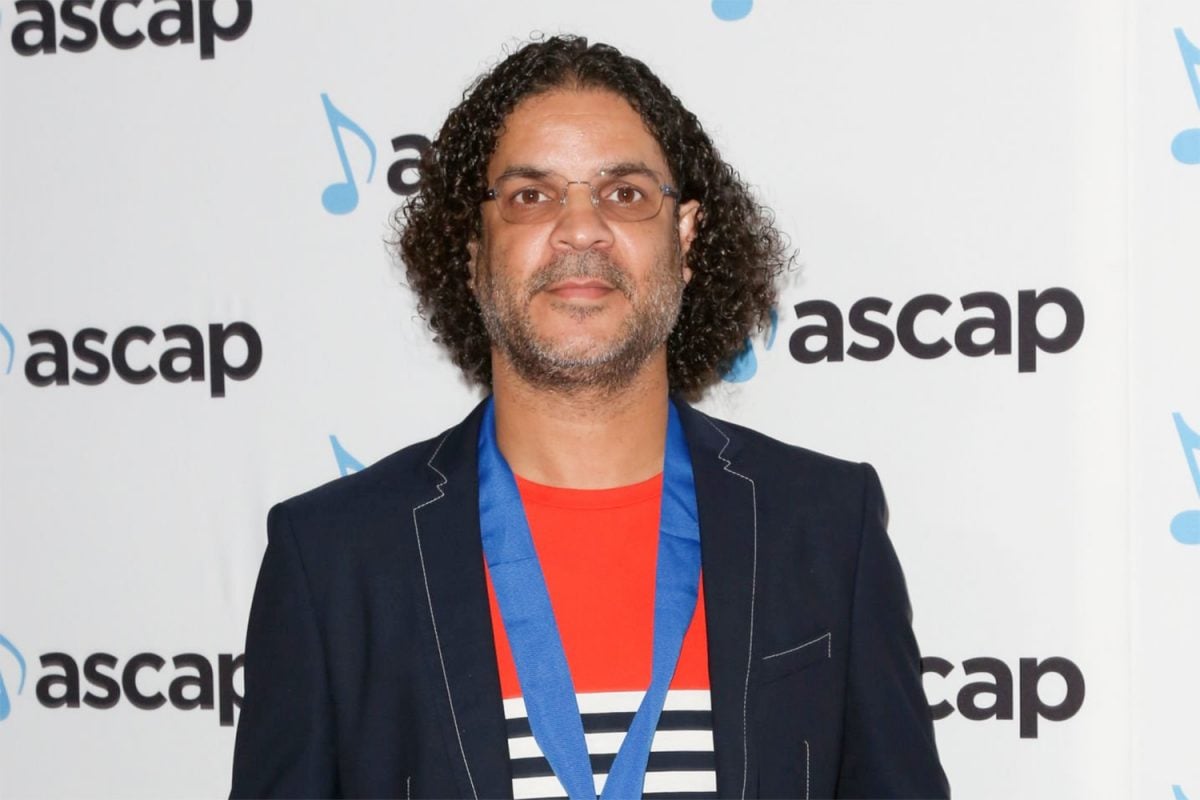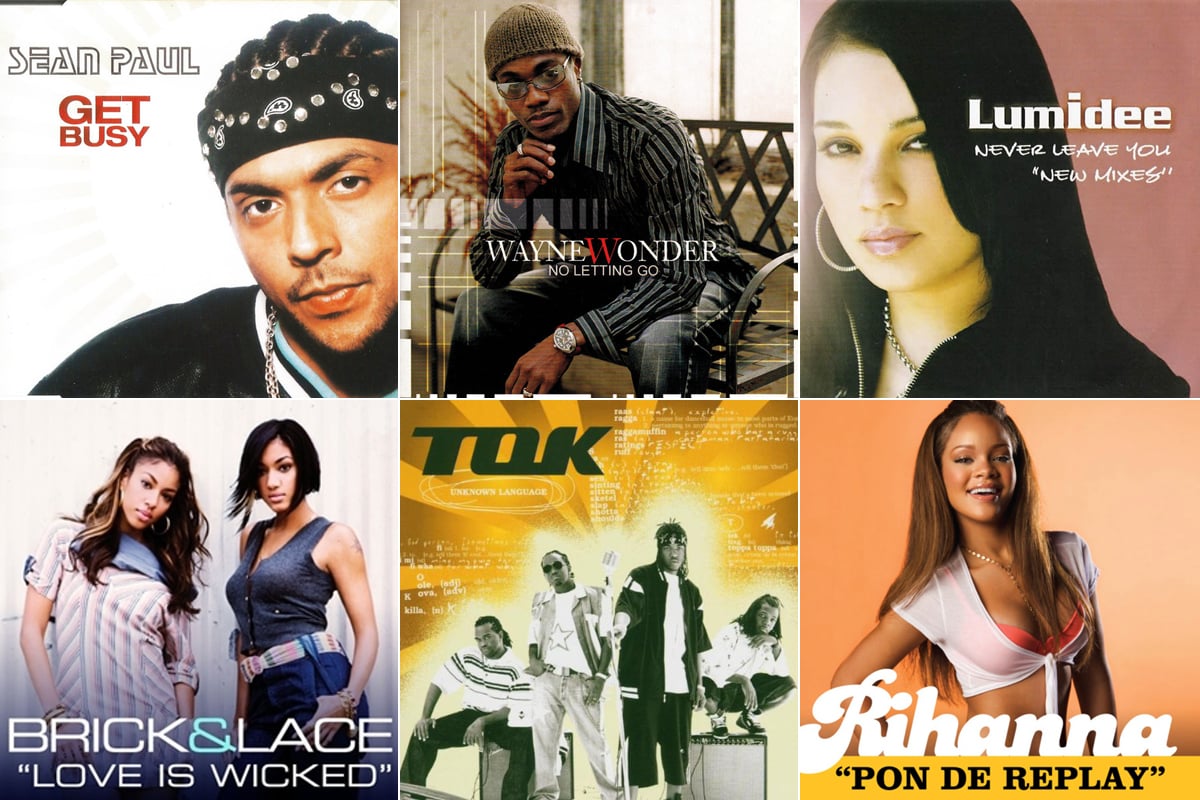Twenty Years Of Diwali

Released in May 2002, the Diwali Riddim has soared across borders, genres and generations but were it not for Steven ‘Lenky’ Marsden’s persistence, the Dancehall blockbuster might have never left the ground. When the producer first shopped the backing track around in 1998, nobody understood it. At best, deejays considered the clap-filled tune odd; at worst they called it annoying. Though, in retrospect, this skepticism was clearly misplaced, even the most generous appraisal could have never predicted how massive Diwali would actually become.
At the turn of the century, Dave Kelly’s riddims were in high demand. If an artist couldn’t get one, more likely than not, they were willing to accept a knockoff. Diwali was neither. The uptempo groove was par for the course, the pulsing synths were tolerable but the incessant clapping crossed the line. The deejays who first heard the track had neither the appetite for this novel sound nor the stomach for the ridicule that it might elicit. And they were sure to let Lenky know. Faced with rejection, the keyboardist shelved the riddim. Thankfully, Diwali found its way to more receptive minds on its return four years later.
Assassin (Agent Sasco), General Degree, and Zumjay were the earliest pioneers to see the light and lay down vocals over Lenky’s instrumental. The superlative boasts of Ruffest & Tuffest , the slick wordplay of Inna , and the deft mythmaking of Zumjay News fuelled the riddim’s maiden voyage onto airwaves islandwide.
This initial trinity gained substantial radio play in those early days and with that, the Diwali riddim had finally passed the acid test. It wasn’t long before Bounty Killer showed up at Lenky’s Paddington Terrace studio with a young Wayne Marshall in tow to breathe new life into the track. Rather than brag, however, the Warlord and Marshall sought to expose the system and uplift its victims, and Sufferer and Overcome are the fruits of these efforts. If the first wave of songs made a splash, this second set opened the floodgates.
As the torrent of local artists looking to put their own spin on the Diwali riddim surged, the scales tipped in Lenky’s favour. The producer now enjoyed greater creative freedom and better still, he knew how to leverage it. Rather than put Diwali into mass production, Lenky decided early on that he would overdub the track to create variations more suited to the individual styles of his collaborators. This move not only showed the range of his talent but also increased the shelf life of the track. “When me get my chance fi shine, me, nobody couldn’t tell me wah fi do. So me just do wah me wah do–a my project,” Lenky reflected during an Instagram Live with Agent Sasco in 2020. The 2002 compilation Greensleeves Rhythm Album #27: Diwali survives as a testament to this defiant attitude.
Greensleeves Rhythm Album #27 traces the contours of Dancehall culture at the beginning of the millennium across 19 Diwali-backed tracks. In typical juggling fashion, deejays from all corners of the industry showed out to add their own flair to the biggest riddim on the scene. From Tanya Stephens’ disparaging Can’t Touch Me No More through Danny English & Egg Nog’s weekend anthem Party Time right down to Ce’Cile’s irreverent Respect Yuh Wife, the featured artists command attention over Lenky’s tailor-made production. And as varied as the styles and messages across the tracklist are, the goal was always the same: get bodies moving. With that in mind, it may come as a surprise that among this constellation of tracks, the breakout star happened to be the least boisterous.
On a compilation where every track feels like a lightning bolt ready to zap you into excitement, Wayne Wonder’s No Letting Go , is the outlier. Lenky also took a much different approach to the tune’s production; Wonder harmonizes and croons over the instrumental for forty seconds before the signature claps even appear.
The smooth ballad bubbled in popularity for months before Director X set the song to a coastal backdrop for its music video in late 2002.
While this visual gave audiences a preview of the island’s romantic side, it was Director X’s music video for Sean Paul’s Get Busy that showed how far Diwali’s vibes had managed to stretch.
The Get Busy video begins with Sean Paul and his crew pulling up to a house in the suburbs of Toronto as the now-iconic “shake dat ting…” intro plays over the visuals. The moment Diwali’s claps thunder in, the video cuts to a basement scene replete with dancers shifting around to the booming soundtrack. Pure Dancehall exuberance. With an otherworldly piano loop and violin flourishes layered into Lenky’s Diwali template, Get Busy hit instantly, eventually going on to dethrone 50 Cent’s In Da Club from the top of the Billboard Hot 100. Perhaps more significantly, however, the song sparked the interest of non-Dancehall acts, who were increasingly exposed to the pull of Lenky’s hypnotic riddim.
After Sasco asked him when he knew Diwali was a hit, Lenky considered for a moment and then replied, “when mi see Lumidee start a search down the world fi me.” Never Leave You , the 2003 single by the Harlem singer Lumidee, stands as the product of that search. On her R&B rendition, Lumidee croons away and somehow manages to tame Lenky’s uptempo titan. It’s a charming aberration. To juggle between Never Leave You and Elephant Message is to create one hell of a contrast and that was part of the song’s appeal. Its momentum increased and Diwali hit Billboard’s Hot 100 chart at full gallop. On 31 May 2003, Lenky had three placements in the top 20: Get Busy at No. 1, Never Leave You at No. 3 and No Letting Go at No. 19. With that, the so-called annoying, clappy-clappy riddim had made chart history. Diwali-mania had peaked.

Despite its commercial climax in mid-2003, Diwali continues to thrive. The sound is so timeless and beloved that it all but guarantees chart placement, five, ten, even twenty years after the fact. Consider Rihanna’s Pon De Replay (2005), Brick & Lace’s Love is Wicked (2007), DJ Snake’s Let Me Love You (2016), or even Ed Sheeran’s Shape of You (2017): all hit songs, all Diwali rooted or influenced. For Lenky though, these accolades aren’t much more than a means to an end; a way for more people to connect with his work.
“I wasn’t doing it for no Billboard hits, I was doing it for the music,” the producer noted during an interview with World A Reggae. The Diwali Riddim undoubtedly belongs in the pantheon of Dancehall classics alongside other enduring tunes like Stalag/Bam Bam, Sleng Teng, and the like. And while the overall impact of Lenky’s 2002 release can’t be quantified, it can always be celebrated.
